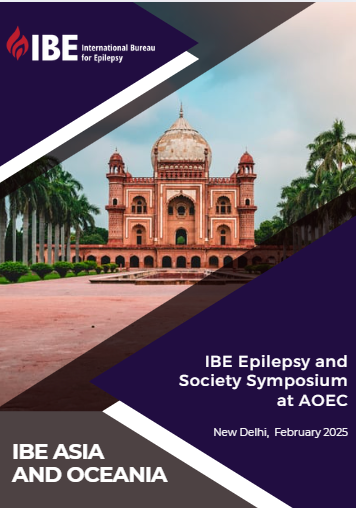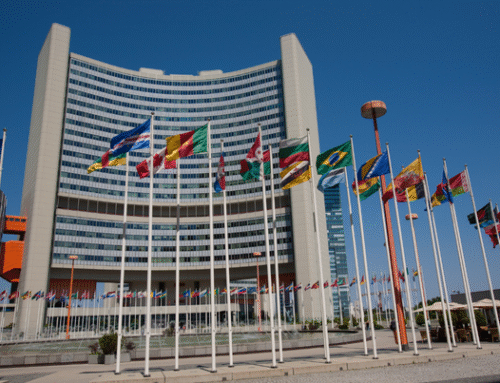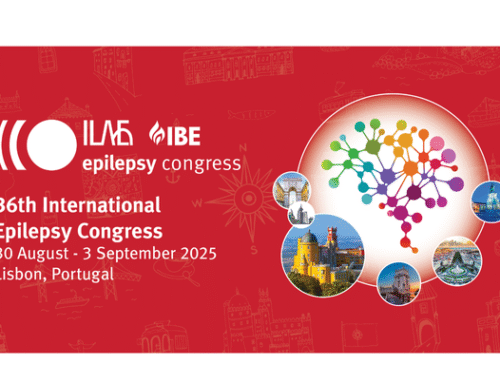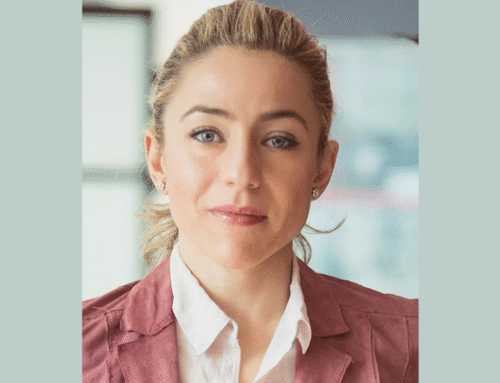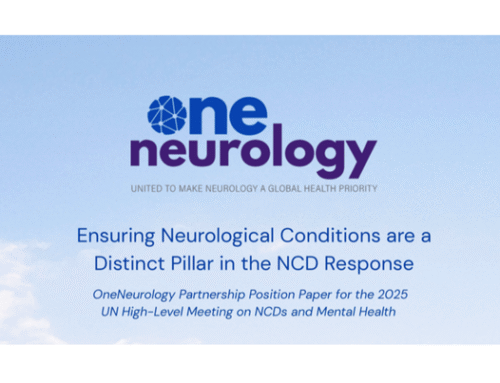In February 2025, New Delhi hosted the 15th Asian and Oceanian Epilepsy Congress (AOEC) which brought together leaders, advocates, and researchers from across the region. Alongside the main scientific programme, the International Bureau for Epilepsy (IBE) hosted a powerful and thought-provoking Epilepsy and Society Symposium—a day dedicated to the lives, rights, and voices of people with epilepsy.
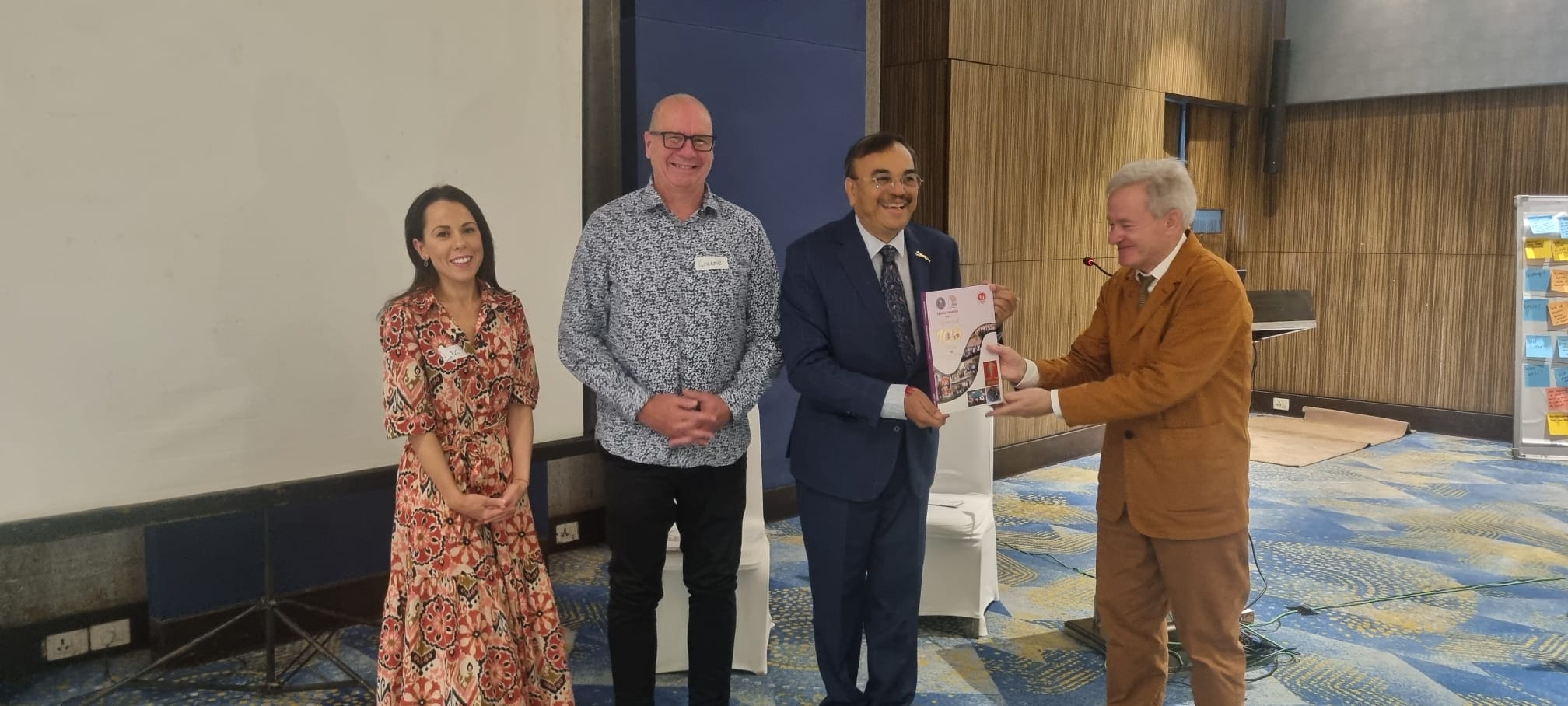
IBE CEO, Ms Donna Walsh, Mr Graham Shears, Dr. Man Mohan Mehndiratta, Professor Gus Baker
The symposium opened with a welcome from Dr Man Mohan Mehndiratta, IBE South East Asia Regional Vice President, and Professor Gus Baker, Secretary General of IBE. The focus was clear: a working session designed to listen, learn, and identify practical ways to improve life for people with epilepsy across the region.
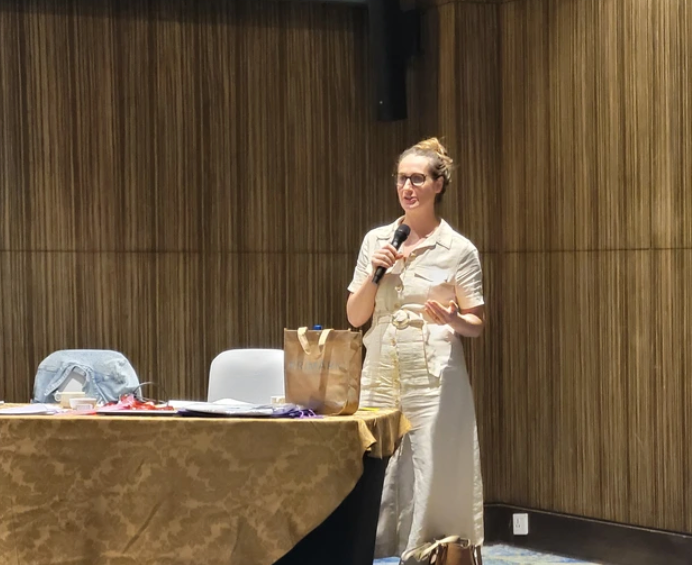
Claire Nolan
The day began with Claire Nolan, IBE Head of Engagement, presenting the findings of the Global Epilepsy Needs Study (GENS). This landmark project gathered insights directly from people affected by epilepsy to identify what they need—not just medically, but across the full scope of their lives. Several countries in the region, including India, Australia, South Korea, China, and Hong Kong SAR, had participated. The findings offer detailed insight into the day-to-day realities faced by people with epilepsy—highlighting how clinical care alone is not enough. The study clearly shows the need for broader, more holistic support.
From there, the World Café exercise began where participants gathered at themed tables—each introduced by an IBE Golden Light Award winner. These lived experience advocates set the tone for honest conversations around employment, education, family life, mental health, and public awareness. A productive discussion took place, focusing on the double stigma of epilepsy and mental health, the fear of disclosure at work and the difficulty of watching children face discrimination in school. Participants also shared examples of progress, including community support initiatives, school-based awareness programmes, and policy efforts that are beginning to address long-standing gaps.
One recurring theme was the need to move away from a purely medical model and towards holistic, person-centred care. That means training epileptologists to recognise depression, working with teachers, employers, and families and empowering people with epilepsy to advocate for themselves—through education, support networks, and platforms that amplify their stories.
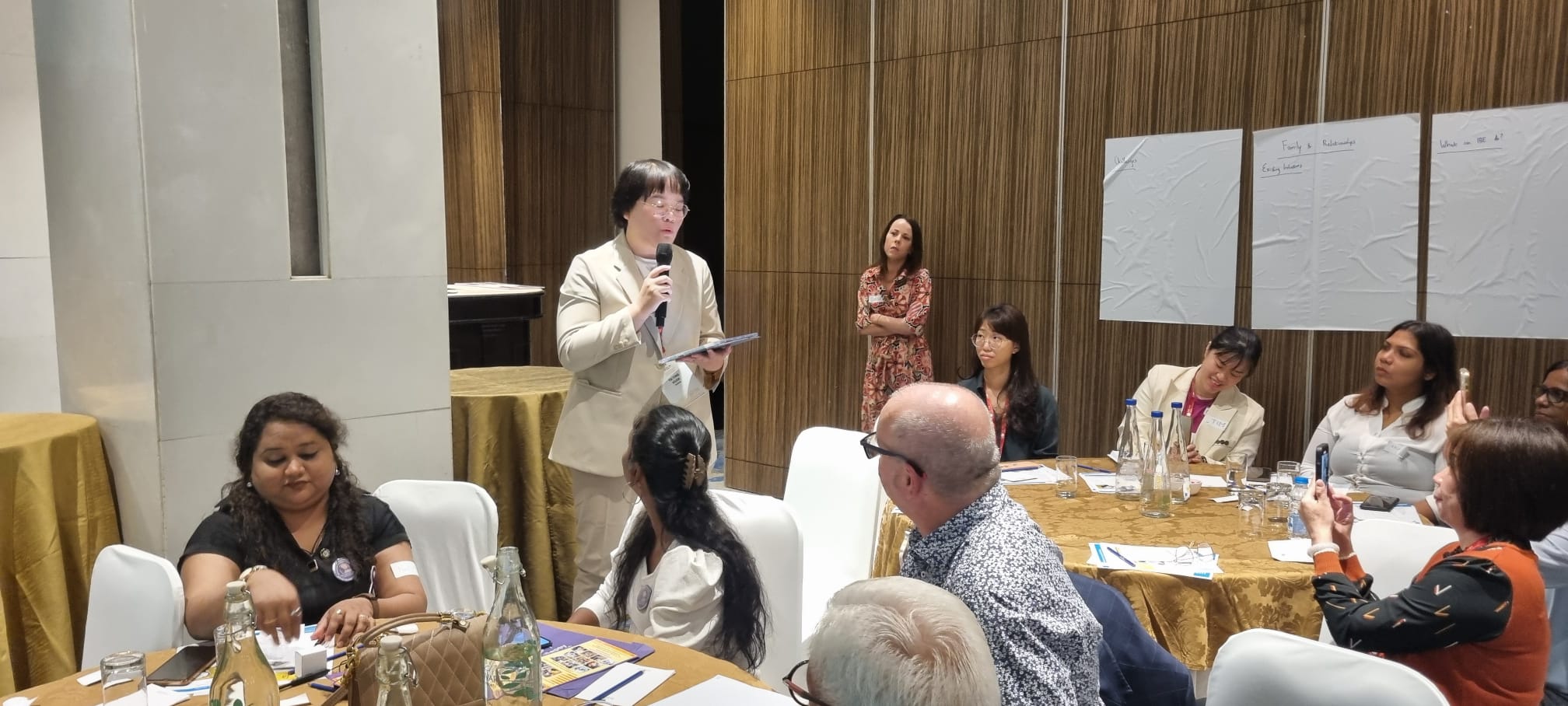
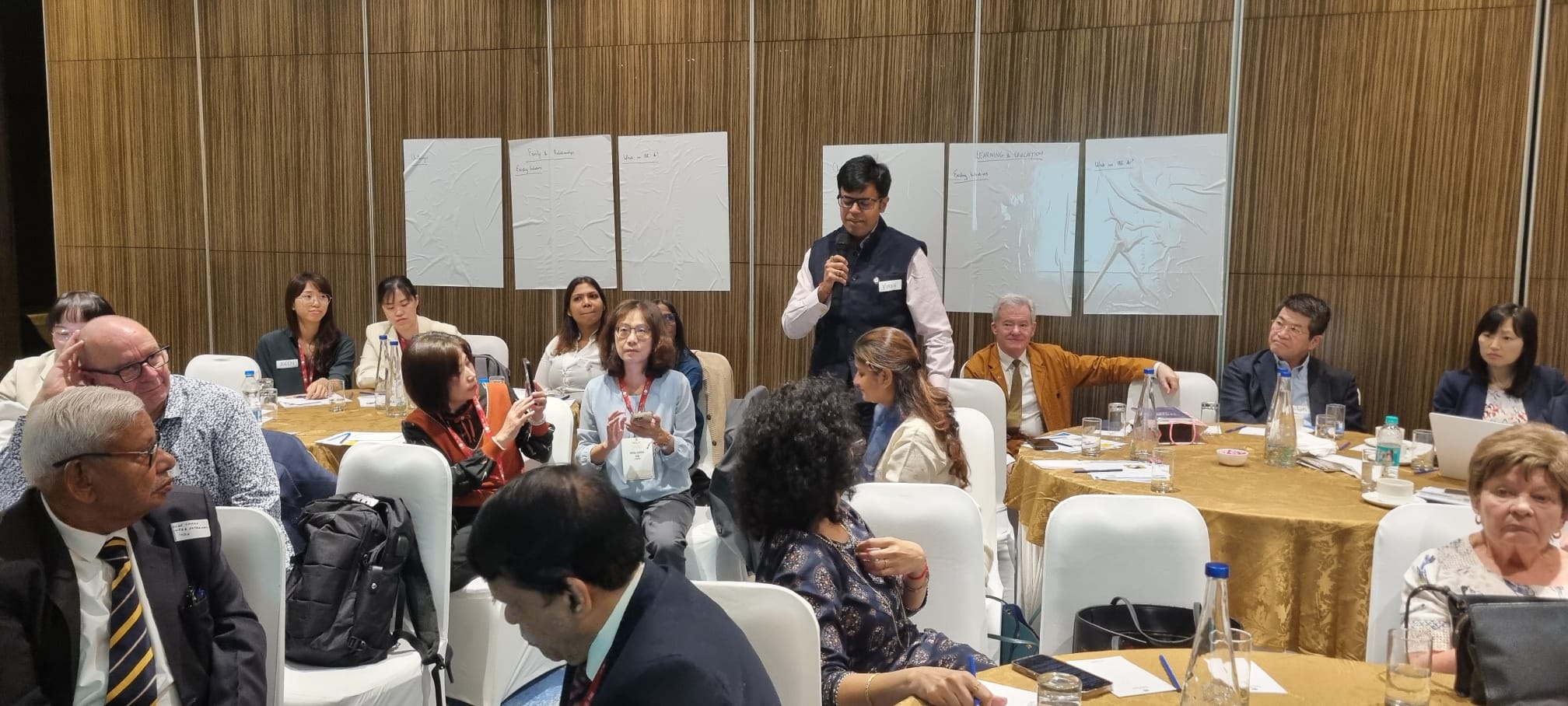
The afternoon focused on opportunity—specifically, how countries in the region can use the WHO Intersectoral Global Action Plan (IGAP) to create systemic change. Presentations from WHO and regional leaders highlighted early progress in places like China, where IGAP has already been used to drive national epilepsy initiatives. A panel discussion featuring speakers from India, Sri Lanka, Nepal, Korea, Australia, and others showed just how much knowledge, creativity, and energy exists across the region.
The day closed with an Ideas Exchange Forum—a vibrant sharing of projects, campaigns, and partnerships. Examples ranged from seizure first aid sessions in schools to initiatives connecting psychiatry and neurology, as well as youth engagement efforts. Throughout, a common thread emerged: collaboration remains essential to making sustained progress.
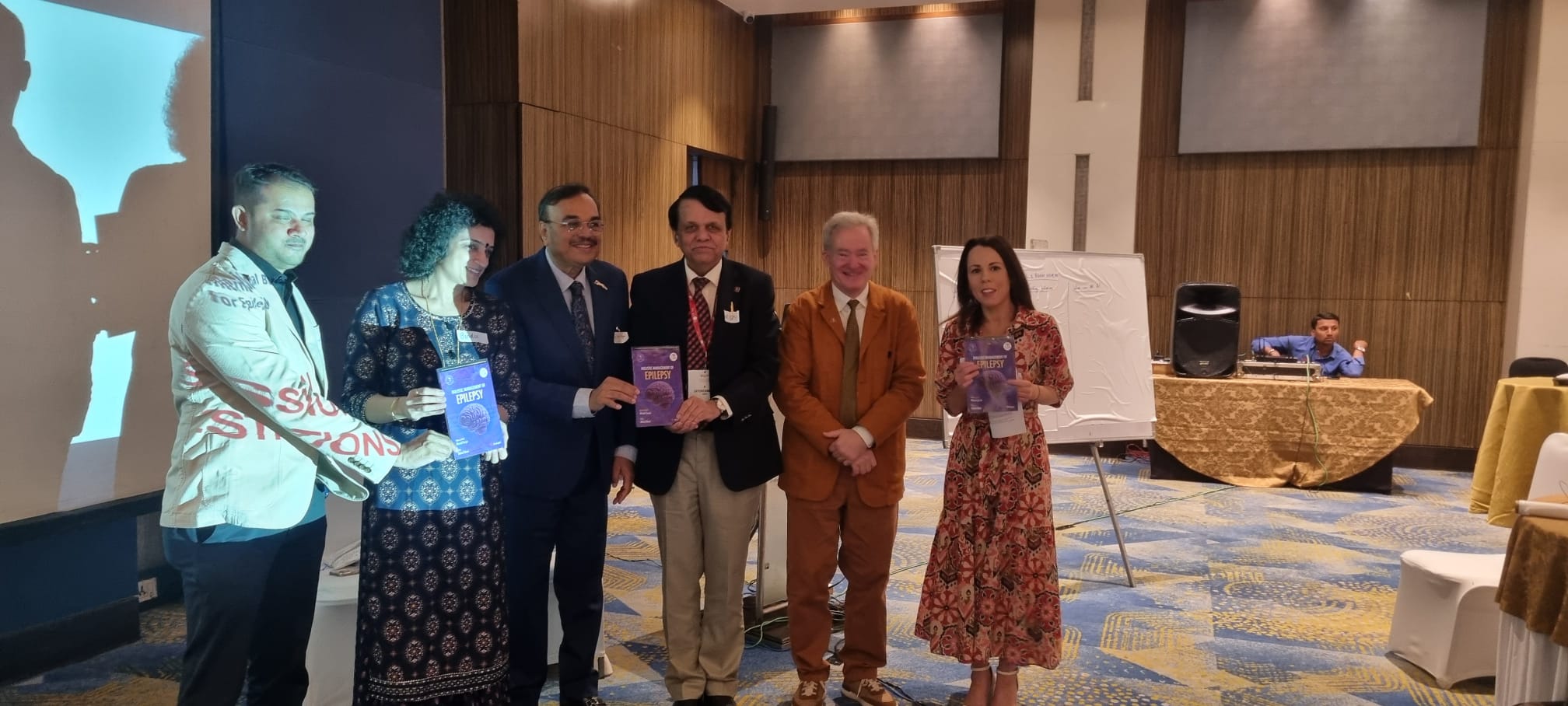
The symposium built on the success of IBE’s 2023 policy workshop in Jaipur and looked ahead to even stronger regional coordination. Plans are already forming for shared learning groups, ongoing data collection, and stronger integration of epilepsy into the broader health and disability agenda.
The discussions highlighted the value of continued collaboration, bringing together practical experience, lived expertise, and shared learning. Moving forward, sustained progress in epilepsy advocacy will depend on collective action across the region.
